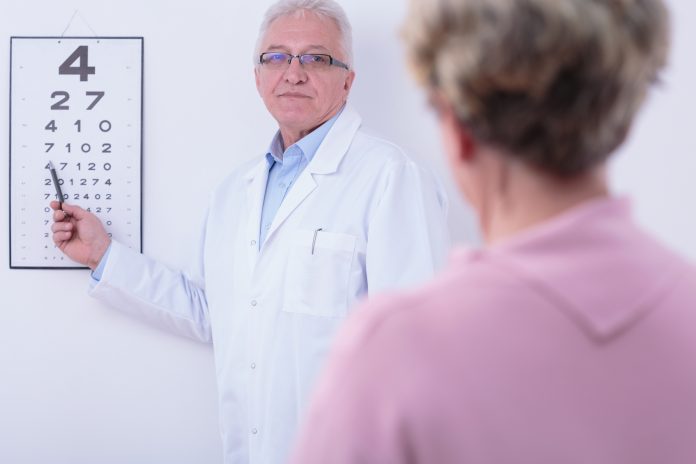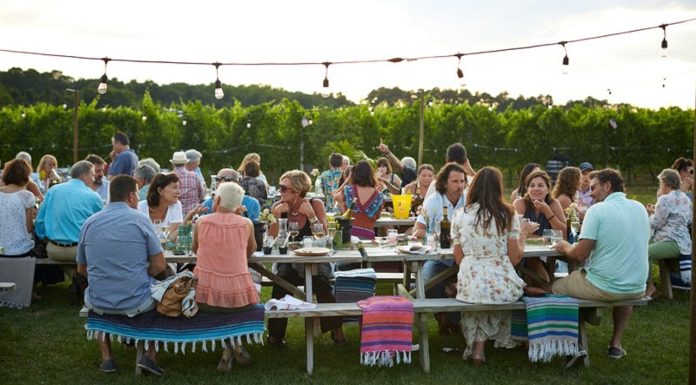By the time we reach 65, approximately one in three of us has some type of vision problem that reduces our ability to see properly. The three most common causes of senior vision loss are:
Macular Degeneration
- Usually age related and causes loss of our central vision
- Leading cause of vision loss in those over 65
- Risk factors include family history, high blood pressure, advancing age and smoking
- Can be helped by a diet high in lutein and zeaxanthin such as egg yolk, kiwi, squash and yellow squash, spinach, peas, honeydew melon, brussels sprouts, green beans, apples, corn, grapes, pumpkin, peppers, cucumber, orange juice, celery, scallions, broccoli and mango
Glaucoma
- Is a clouding in the lens of the eye
- Most common form of vision loss and a common cause of blindness
- Chronic and slowly progressive
- Causes damage to the optic nerve
Cataracts
- Most common cause of blindness in the world
- Cataract surgery is readily available, safe and effective
- Approximately 50 percent of those 75 and over will have cataracts
- Exposure to ultraviolet light contributes to the progression of cataract formation
How do you continue to maintain the life you want when you have senior vision loss?
Vision loss doesn’t mean you can’t continue to do the things you have always enjoyed, it just means you will have to make some adjustments.
- Use large button phones and clocks with large numbers
- In the kitchen outline edges of counters and other important areas with colored, contrasting, reflective tape
- Mark dials on your oven and other appliances with bright nail polish
- Re-label your jars and cans with sticky labels on which you have written in large letters
- When pouring liquids, use a liquid measuring tool with an alert
- Remove small rugs from your home; they are a tripping hazard
- Always put everything away and close all cupboard drawers and doors
- Keep electrical wires behind furniture or use a clip to keep them up and out of the way
Leisure activities with senior vision loss
- If you love to read, try large-print books or audiobooks
- You can also find large-print crossword puzzles and word games as well as cards and board games
- For exercise, stationary bikes or other seated equipment and treadmills are safe if you are worried about mobility
Lighting
- Use lights inside closets and cupboards and add lighting to stairs
- Try clip-on lights for reading or other up close tasks
- Carry a flashlight with you at all times
Braille and guide dogs for senior vision loss
If your vision has deteriorated to the point where you have little or no vision left, there are seeing-eye dogs, cats and even small ponies available now to help you at home as well as when you go out. Braille keyboards are available for your computer and there are even Braille smartphones.Most seniors use a cane to check areas in front of them and around them to ensure they are safe for walking.
Vision loss doesn’t have to mean you lose your independence or happiness. You can lead an active and fulfilling life as a senior with the help of the above tools.
























